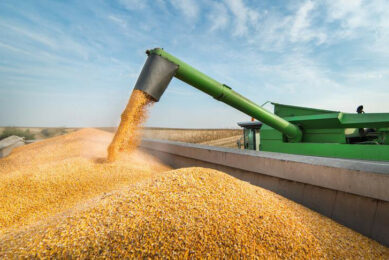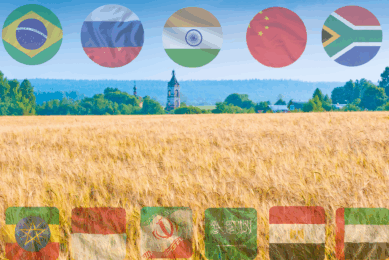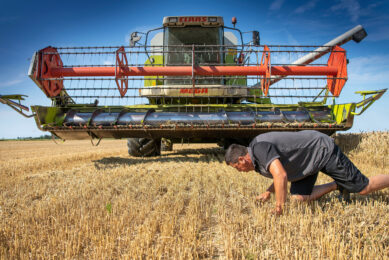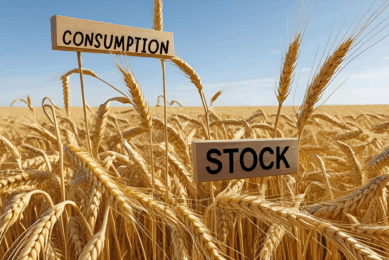Brazil projects 3% rise in animal feed output for 2025
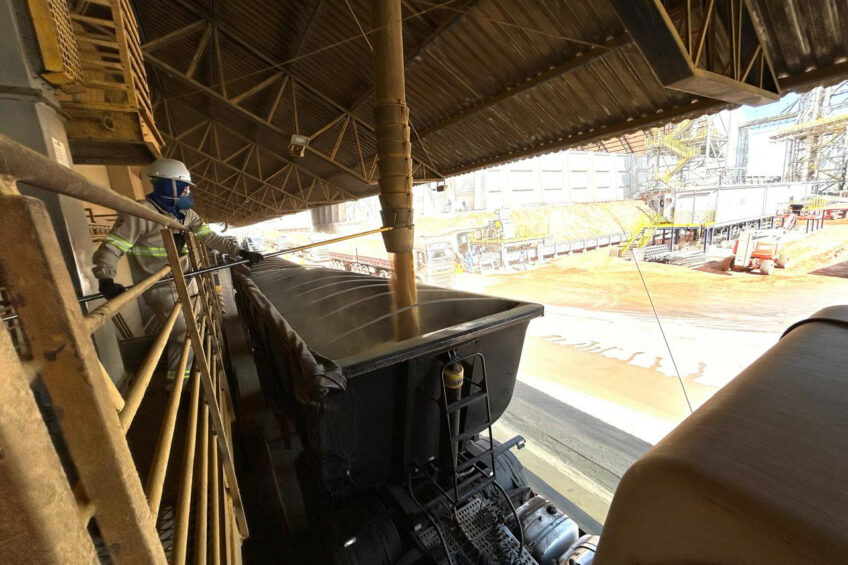
The National Union of the Animal Feed Industry (Sindirações) projects a 3% increase in production of feed, concentrates and supplements in Brazil, totalling 94 million tonnes in 2025.
The estimate comprises 90 million tonnes of feed and concentrates, plus almost 4 million tonnes of supplements, for the feeding of poultry, swine, aquaculture, equines and companion animals.
Livestock cycle and market rebound
Improvements in input costs and signs of a reversal in the livestock cycle in 2024 are contributing to a significant rebound across the various segments of the sector. In 2024, the segment produced 91.1 million tonnes and moved approximately €25.25 billion, considering only the cost of grains and chemical additives. According to Ariovaldo Zani, CEO of Sindirações, the growth expectation is strongly linked to the performance of the animal protein production chains, although various factors could impact this scenario.
Grain demand and cost structure
The Brazilian animal feed industry might consume around 60 million tonnes of maize (including DDG) and 20 million tonnes of soybean meal in 2025. Together, these inputs account for more than 70% of the cost of animal feed, particularly for poultry and swine.
Geopolitics and commodity competition
Zani warns that demand from other sectors, such as biofuels and the external market, will continue to expand, intensifying competition for cereals and oilseeds in the coming years. In his view, Donald Trump’s return to the presidency of the United States has introduced geopolitical instability, with higher tariffs and measures that directly affect the availability and prices of agricultural and energy commodities, such as grains, corn ethanol, and soybean biodiesel.
The Brazilian animal feed industry needs to combine operational resilience, strategic cost management and vigilance towards regulatory, fiscal and climatic changes to guarantee supply and, where possible, enhance the competitiveness of our animal protein chains.”
China opens market to Brazil’s DDG
Last week, China formalised the opening of its market to Brazilian DDG (dried distillers’ grains), among other products, during the official visit of President Luiz Inácio Lula da Silva. The anticipated market opening had been expected for months and provides fresh impetus to the burgeoning industry of maize co-products, which also includes corn ethanol. Carlos Fávaro, Minister of Agriculture and Livestock, represented Brazil. On the Chinese side, Sun Meijun, Minister of the General Administration of Customs of China (GACC), signed the agreement.
DDG exports and global prospects
Brazil produced around 4 million tonnes and exported about 800,000 tonnes of DDG in 2024. The sector expects that Brazilian DDG will quickly gain ground in a global market that imports around 10 million tonnes of protein ingredients per year for animal nutrition.




